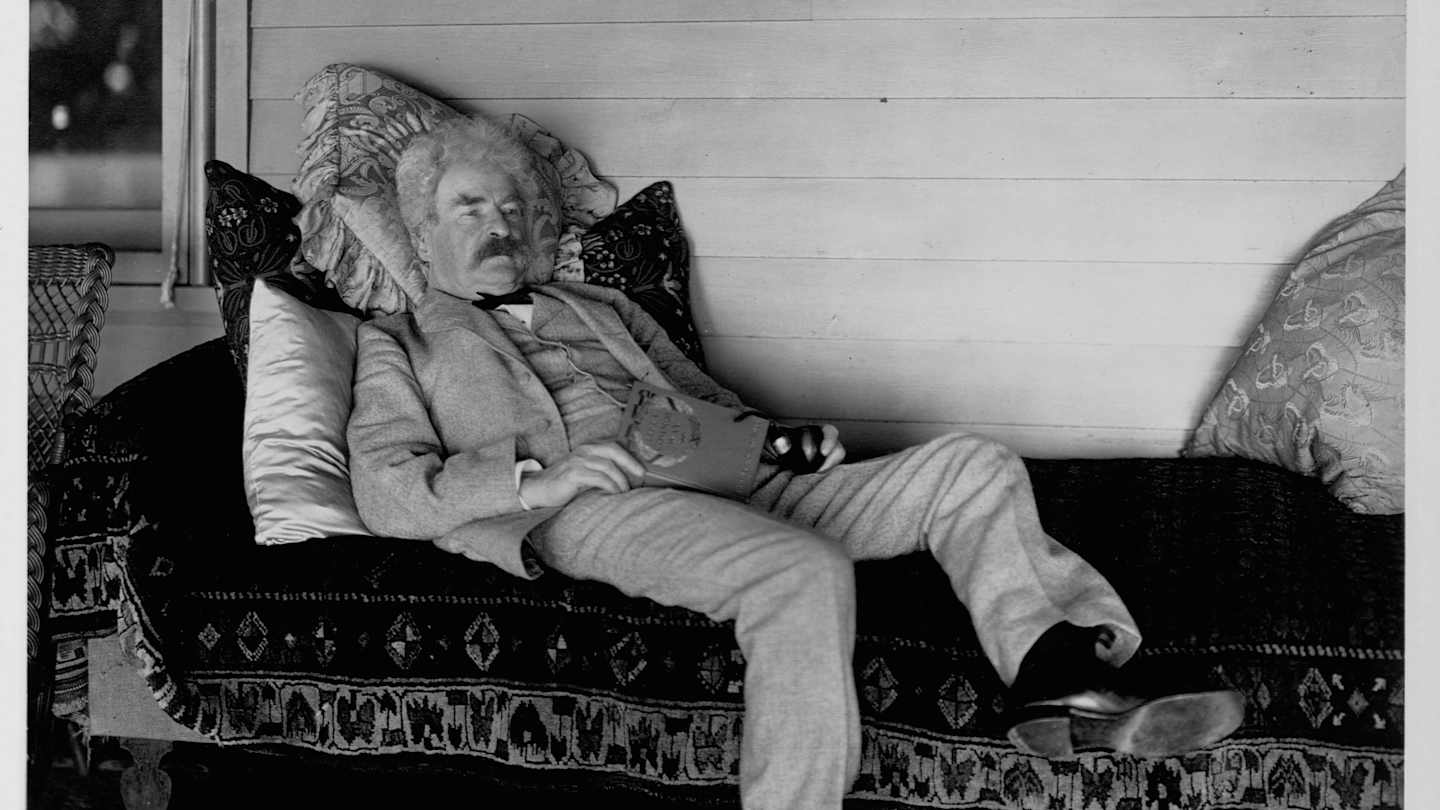Mark Twain, the legendary American writer known for his wit and sharp observations on life, has left an enduring mark on literature. His words have been quoted, cherished, and sometimes, misquoted over the years. One of the most famous phrases attributed to Twain is “The reports of my death are Greatly Exaggerated,” a statement often used to highlight resilience in the face of adversity.
However, this iconic saying isn’t as straightforward as it seems. While Twain certainly embraced humor and Irony Throughout His Life, the actual origin of this phrase reveals a fascinating story of misattribution and literary confusion. It turns out that the reports of my demise are Greatly Exaggerated wasn’t a direct quote from Twain himself, but rather a statement attributed to him based on a misunderstanding years After His Death.
Let’s delve into the intriguing history behind this popular misquote and explore how it came to be so widely associated with Mark Twain.
The Famous Misquote
The misunderstanding surrounding Twain’s supposed quote began in 1897 when an English journalist inquired about rumors of his death. Twain was actually quite healthy at the time, but a family member had fallen ill, leading to some confusion and speculation. When asked about these rumors, He Simply Stated, “The report of my death has been an exaggeration.” This short, straightforward response was later misconstrued and transformed into the famous phrase we Know Today.
Albert Bigelow Paine’s biography of Twain, published after his death in 1910, played a significant role in perpetuating this error. Paine included the phrase “Just say the report of my Death Has Been Grossly exaggerated” as a direct quote from Twain, further solidifying the misconception in popular culture. The misquote quickly spread through books, articles, and even casual conversations, becoming synonymous with Twain’s wit and resilience.
While this particular quote is inaccurate, it serves as a reminder that even the most famous figures can be subject to misrepresentation and the power of storytelling can sometimes overshadow the truth.
Twain’s Response to Rumors
Twain’s response to the persistent rumors of his demise was characteristically witty and understated. He never directly addressed the misattribution or attempted to correct the record. Instead, he likely found humor in the situation, knowing that his work and legacy had already far outlived any fleeting Rumors About His Health.
In a way, Twain’s silence on the matter became part of the story itself. It allowed the misquote to take root in popular culture, becoming a self-fulfilling prophecy of sorts. People continued to attribute the phrase To Him, further cementing it as a widely recognized saying associated with his name.
Twain understood that sometimes, the best response to absurdity is Simply To Let It Unfold. His acceptance of the misquote, Even Without Directly Addressing It, speaks volumes about his sense of humor and his ability to find amusement in unexpected places.
 Most Valuable Barbie Accessories: Collectibles Worth Thousands
Most Valuable Barbie Accessories: Collectibles Worth ThousandsThe Origin of the Misattribution
The origins of this misattribution can be traced back to Albert Bigelow Paine, a biographer who wrote about Twain after his death in 1910. Paine’S Biography, though well-regarded at the time, contained inaccuracies and embellishments, including the infamous quote about Twain responding to rumors of his death.
Paine likely crafted this statement based on hearsay and the general public perception of Twain’s personality. He attributed the phrase “Just say the report of my Death Has Been Grossly exaggerated” to Twain, solidifying it in readers’ minds as a genuine expression of his wit and resilience. Unfortunately, Paine’S Misattribution Stuck, spreading through various publications and becoming Widely Accepted As Fact. It wasn’t until much later that scholars began to question the authenticity of this popular quote.
This instance highlights how even well-intentioned biographies can perpetuate inaccuracies if they rely on secondary sources or anecdotal evidence rather than verifiable facts.
Other Commonly Cited Twain Quotes
The misattribution surrounding Twain’s Famous Quote isn’t an isolated incident. Several other sayings commonly attributed to him, Such As “I have never killed a man, but I have read many obituaries with great pleasure” and “It is better to keep your mouth shut and appear stupid than to open it and remove all doubt,” are also not genuine Twain quotes. These misattributions demonstrate the enduring impact of his witty persona and how people readily associate clever remarks with him, even if they lack concrete evidence.
The persistence of these misquotes speaks volumes about the power of storytelling and the human tendency to fill in gaps with assumptions. It’s a reminder that verifying information and critically evaluating sources are essential steps in navigating the world of attributed quotes and popular sayings.
Despite these inaccuracies, Twain’s true words continue to resonate with readers today. His sharp observations on society, his ability to blend humor with Profound Insights, and his timeless storytelling remain as relevant and engaging as ever.
The Enduring Wit of Mark Twain
Beyond the misquotes and fabricated anecdotes, Mark Twain’s genuine writings continue to captivate readers with their wit, wisdom, and timeless observations. His novels, Short Stories, and essays showcase his unparalleled ability to capture the complexities of human nature, Social Satire, and the absurdity of everyday life. From the satirical masterpiece “The Adventures of Huckleberry Finn” to the insightful reflections in “Letters From The Earth,” Twain’s work offers a profound understanding of the human condition.
His enduring popularity speaks volumes about the power of his storytelling and the universality of his themes. Even though he lived over a Century Ago, his words still resonate with readers today because they address fundamental questions About Morality, identity, and the search for meaning in a complex world. Twain’s legacy extends far beyond any misattributions; it lies in the enduring power of his genuine voice and the profound impact of his literary contributions.










